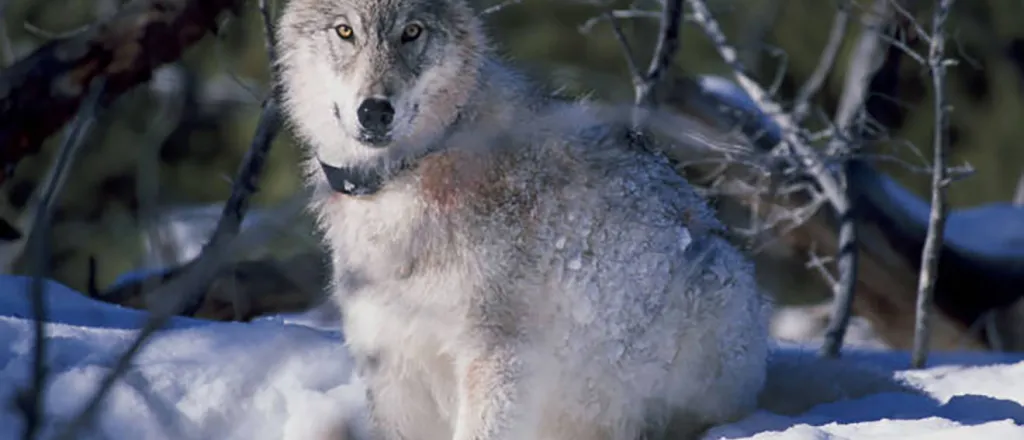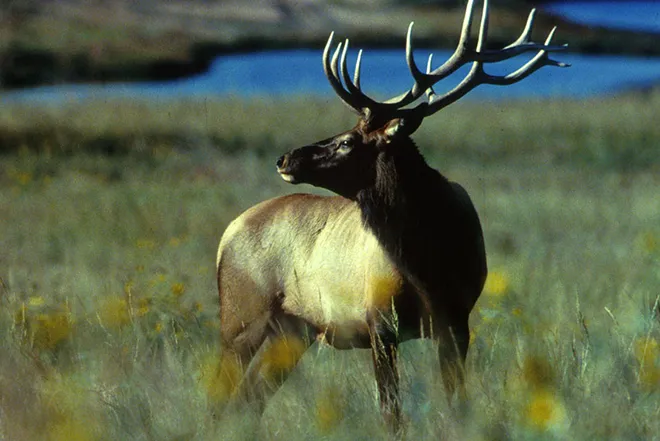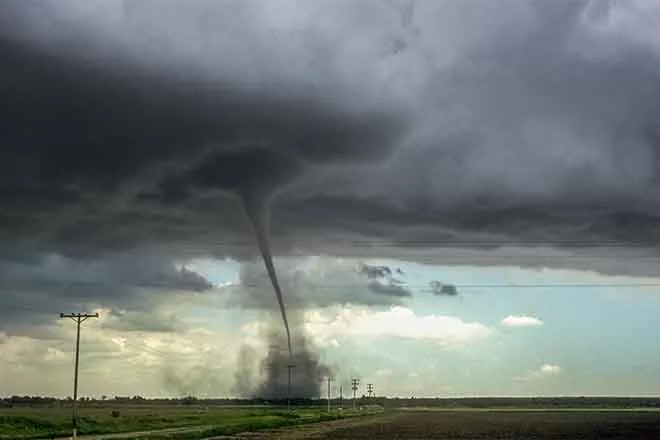
Colorado begins program to reintroduce gray wolves in native range
Click play to listen to this article.
(Colorado News Connection) It's been 50 years since Congress passed the Endangered Species Act, which is credited with helping wolves rebound from near-total extinction in parts of the Northern Rockies and Western Great Lakes regions.
Ryan Sedgeley, Southern Rockies field representative with the Endangered Species Coalition, said the decision to reintroduce gray wolves in Colorado - which aims to help the animals continue to rebound by reconnecting throughout their native range - was a democratically driven process, not a top-down decision by the federal government.
"This is a tremendous conservation success, and it's unique in that it was brought about by a ballot measure. So voters were the ones who decided that this is something that they would like to see," he said.
Colorado voters approved bringing wolves back to the state in 2020, but some members of Colorado's ranching community expressed concerns about the potential loss of livestock. The Colorado Parks and Wildlife Commission is expected to release 10 to 15 animals from Oregon on designated lands west of the Continental Divide by the end of December.
Wolves are apex predators and play an important role in ecosystems. They help keep ungulate populations in check by culling sick animals, and keep elk moving near waterways, which allows budding willows and aspen shoots to thrive. Sedgeley said the new law will compensate ranchers who lose livestock, which is actually very rare, but there are proven ways to keep wolves at bay.
"In these areas where ranchers have gone out and started doing preventive work - which includes using range riders, dogs, flaggery to scare wolves off - the conflicts are basically zero," he added.
Sedgeley said wolves and people can co-exist. Keep your pets close and on their leash when on trails, and to ensure wolves remain scared of humans, never feed these wild animals that can look like friendly dogs. He said that wolves can be a major contributor to local economies. People come from across the globe, and spend money at hotels and restaurants, for a chance to see these animals in the wild.
"Up in the Yellowstone area, it contributes billions of dollars to those economies every year. So it's a real opportunity in Colorado to continue to build our strong tourism sector with more wildlife watching," he said.















